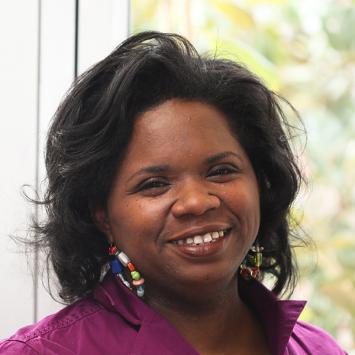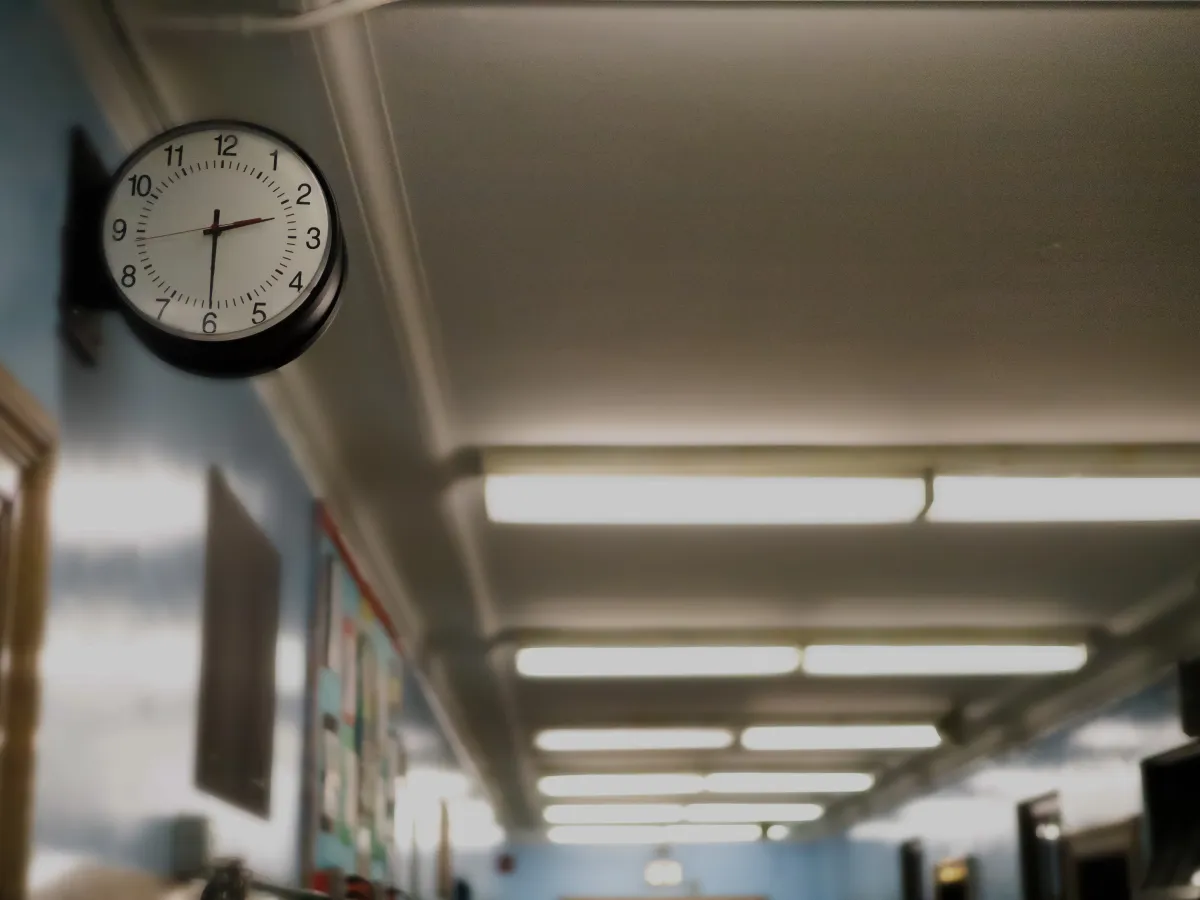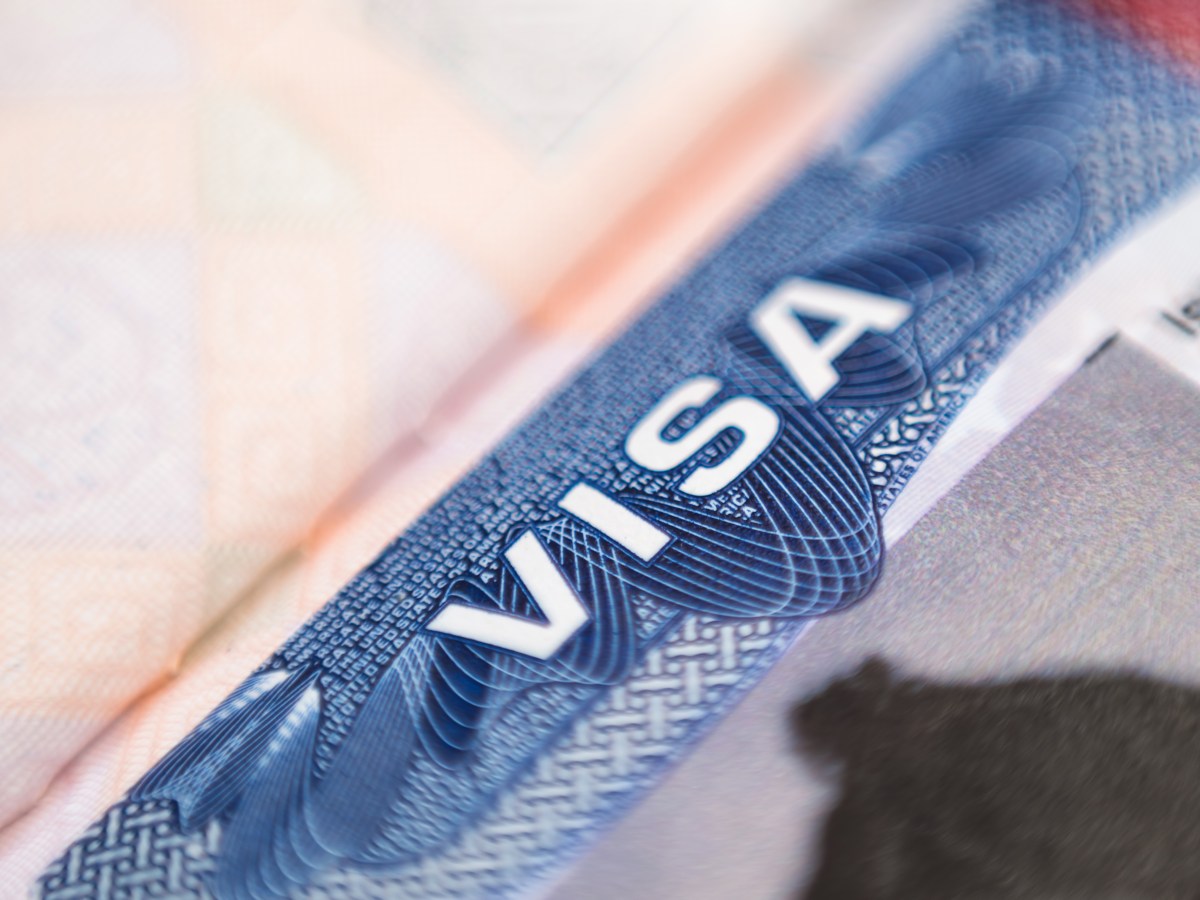When Melynda Price thinks of Juneteenth, she thinks of hope. She thinks of home. She thinks of heritage.
A legal scholar at the University of Kentucky, Price is a fifth-generation Texan whose great-great-grandmother was enslaved in Southeast Texas.
President Abraham Lincoln’s Emancipation Proclamation in January 1863 declared more than three million enslaved people living in the Confederate states free. Still, it was not until Union soldiers arrived in Galveston, Texas, on June 19, 1865, that the last enslaved U.S. populations were informed of their freedom.
Juneteeth commemorates that day.
Price’s family was among those enslaved for more than two years after the proclamation. Her mother’s grandmother was her first U.S. ancestor to be born emancipated.
“Everyone in my family said that she was born two days after the slaves were set free [on Juneteenth], and that was kind of the lore of how we understood emancipation and the distinction between being free and being not free,” Price said.
Millions of Black Americans have long celebrated Juneteenth, and President Joe Biden signed legislation last year establishing it as a federal holiday.
Price, the Williams J. Matthews Jr. Professor of Law and director of the Gaines Center for Humanities at the University of Kentucky, spoke to Public Integrity about her family’s history and how she hopes the Juneteenth holiday will shape discussions about the nation’s legacy of slavery.
The interview with Price has been edited for length and clarity.

Q. What does Juneteenth mean to you?
As my older relatives used to say, we got together on the 4th of July because we were off, but we celebrated Juneteenth because that’s when we were free. That meaningfulness of the date and the holiday has always been a part of my life and my understanding of how I think about my relationship as an African American, not just to the state of Texas, but to the United States.
I’m hopeful that it will be a national moment where we can stop and commemorate that there were multiple moments of liberation in this country. We always talk about the 4th of July, the American Revolution, the Declaration of Independence and the Boston Tea Party as if that was the only moment of liberation in this country. But if we count the Emancipation Proclamation and Juneteenth, we recognize that liberation is a constantly moving target.
The meaning of what’s possible has expanded for my family over generations. I have a picture of my mother’s grandmother in my house, and there’s a familiarity in her face. I think about it from the perspective of being a mother, what that means and the hopes and aspirations I have for my child, and how so many of those people had hopes and aspirations that they thought were impossible.
For her parents, it was to be emancipated. For my grandparents, what was possible for them was to have stable jobs and maybe own a home and get their children through high school. For my mother, that meant higher education for her children. Who knows what that means for my child. But the expansion of what is possible to you is also what liberation is about.
Q. When the University of Kentucky honored Juneteenth as a national holiday, you said, “We need more days, months, and weeks that recognize the legacy of slavery in all places where it proliferated.” How do you reconcile that with efforts to restrict what is taught in schools about the history of race, racism and slavery?
When I see people resist teaching young people a more accurate version of history, I worry that when they come [as college students] to my colleagues and me, they will be unreceptive or unwilling to believe the evidence put before them because their history books have been so sanitized of the truth. It is possible to have a complex understanding of a nation and still love it.
That is, to me, the most patriotic thing one can do. It’s easy to love simple, happy things. It’s very difficult to reconcile and come to a loving relationship with a more complex understanding. I feel sad that there are those who would deny their children a more complex understanding of themselves and the place where they live.
Q. Will there be a lasting legacy of the Juneteenth national holiday?
I don’t want Juneteenth to become a holiday where you can get a cool T-shirt. I want to make sure that it does some of the heavy lifting of saying it’s not just that Black people were freed because of the Emancipation Proclamation, but that Black people were actively working for their freedom.
That’s a beautiful story to tell about America, that Black people, even when enslaved, embraced the idea that all people are created equal, that they could see for themselves through their enslavement that they were people and worthy of the emancipation articulated in the Declaration of Independence.
I am very proud to be a descendant of Black people enslaved in the United States. When traveling abroad, I have had Black people from other parts of the world express sympathy when I say I am descended from Black people enslaved in the U.S. I understand the sentiment, but I always reply, “No need for apologies. I come from great people.”




